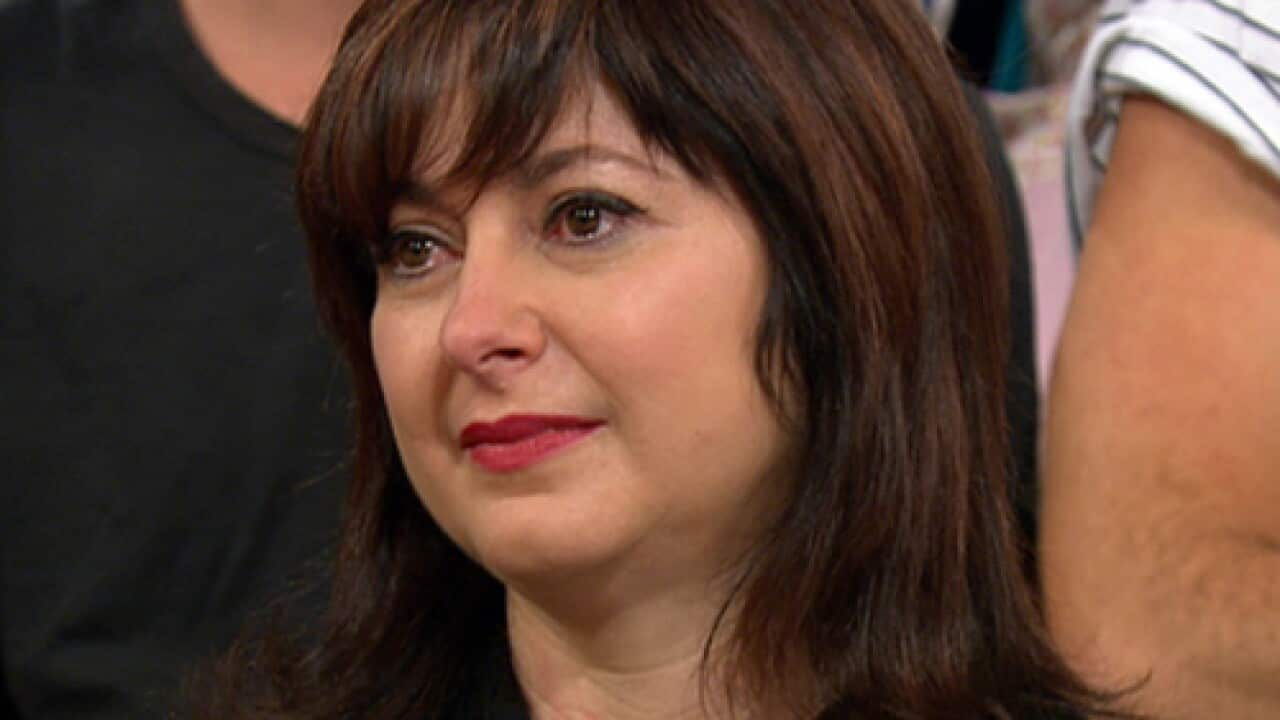Pam O'Brien was 17 when she fell pregnant with her baby daughter Angela Barra.
After being kicked out of home to live with a strict Catholic family, Pam was forced to give up Angela for adoption shortly after she was born in 1967 in Brisbane's Mater Hospital.
“I was rejected by my family, summarily dismissed from the family home,” Pam tells Insight.
”I was being told by all these figures in authority, 'You must give up your baby for adoption. She needs to go to a proper family, a proper mum and dad, where they will love and take care of her. You are young, you have to do the right thing by your child, and get on with your life.'”
But at age 63, Pam says she is still traumatised by the removal of her child.
“It completely and utterly destroyed me,” she says. “You can't heal for something so fundamentally painful, so wrong, so illegal. It was just wrong. You can't heal, never.”
SENATE ENQUIRY INTO FORCED ADOPTIONS
From the 1950s to the 1970s, about 150,000 unwed Australian mothers had their babies removed against their will. In some cases women were tricked into signing adoption papers and physically shackled to hospital beds.
In 2012, Angela appeared before in the Senate Enquiry into Forced Adoptions. While it helped that her story was being heard by government authorities, she says the process also surfaced some traumatic memories.
“Finally we were being heard and recognised. People actually cared that this actually happened,” Angela tells Insight.
“But at the same time, I personally found it really traumatic hearing other people's accounts of what had happened to them. You realise you're not on your own, but to hear what happened to other people is vicarious trauma.”
NATIONAL APOLOGY FOR FORCED ADOPTIONS
On March 21, Prime Minister Julia Gillard will give a national apology in Parliament House to people affected by forced adoptions.
While Pam thinks the apology will be “too little too late”, Angela is concerned that the government is merely 'ticking another box' and will move onto the next 'apology'.
Angela says, “It has to be genuine, it has to be authentic. If they don't put concrete actions into place [and] look at how this cannot happen again… then that will hurt more.
“My fear is that they say sorry and then that's a box ticked, and then they move onto the next lot of victims, which is the Royal Commission [into child sex abuse].”
Tonight's Insight forum also brings in people affected by child sex abuse scandals, the stolen generation and apartheid. Does an apology, compensation or public acknowledgement help them come to terms with what happened to them? Or does healing come from elsewhere? Is it even possible?
WATCH A PREVIEW
Michael O'Brien says he was forced into a boys' home known as 'Ferryhouse' in Ireland after his mother died when he was eight years old. Over several years, he says he was physically and sexually abused there. Michael gave evidence to Ireland's Commission to Inquire into Child Abuse.

